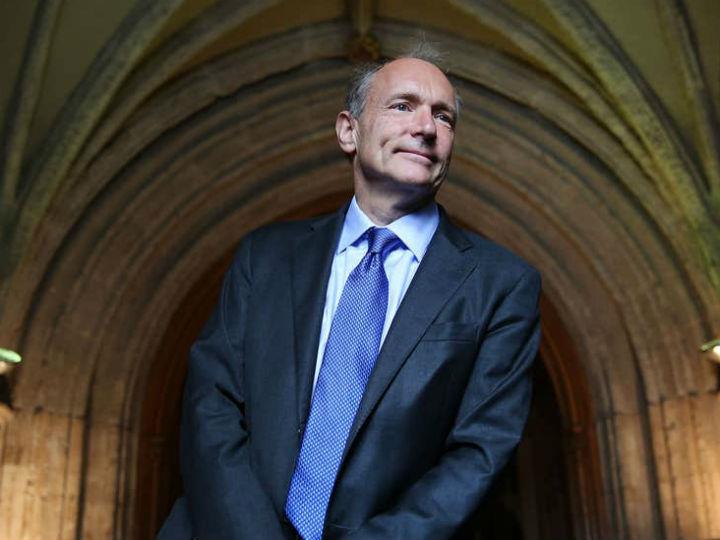by Katharine Rooney*
-Half the world is connected to the internet today.
-Concerns about civility, bullying and hate speech on the internet are growing.
-Contract for the Web includes nine principles to fix the internet and make it safe and accessible for everyone.
When Tim Berners-Lee invented the world wide web in 1989, he envisioned it as an information management system for CERN, the European Organization for Nuclear Research, where he was working at the time.
Today, half the world is online. And while that access brings tremendous benefits, it also fosters some of society’s worst behaviour.
South Africa tops the list of countries where the most abrasive digital encounters take place – but there are no geographic boundaries when it comes to incivility and deception.
“While the web has created opportunity, given marginalized groups a voice, and made our daily lives easier, it has also created opportunity for scammers, given a voice to those who spread hatred and made all kinds of crimes easier to commit,” says Berners-Lee.
His solution? A Contract for the Web, a plan to make online activity safe and accessible for everyone. Berners-Lee compares the contract to the United Nations’ Universal Declaration of Human Rights, which enshrines dignity and freedom for all people.
“As the web reshapes our world, we have a responsibility to make sure it is recognized as a human right and built for the public good,” he says in a statement on behalf of the Web Foundation, the non-governmental organization he founded to promote digital equality.
The contract outlines nine principles for governments, companies and the public, including commitments to ensure everyone can access the internet, that trust is secured through the protection of personal privacy and data and that civility and dignity are front of mind. It’s backed by 150 tech organizations, including Google, Microsoft and Facebook.
Affronted by anger
There are many prominent critics of inappropriate use of the internet. At a recent speech to the Anti-Defamation League, British comedian Sacha Baron Cohen described social media platforms as “the greatest propaganda machine in history,” citing the rapid spread of conspiracy theories, hate crimes and bullying online. He suggested social media companies be held responsible for the propagation of hateful material and so-called “fake news” on their sites.
Former US president Barack Obama, meanwhile, has taken young activists to task for being overly critical online: “There is this sense sometimes of, ‘The way of me making change is to be as judgmental as possible about other people,’” he said. “If all you are doing is casting stones, you’re probably not going to get that far.”
A digital future for all
Alongside concerns about anti-social behaviour, Berners-Lee’s contract emphasizes the need to bring the rest of the world online through ambitious policies and investment connectivity – especially in unserved and underserved areas.
The World Economic Forum is supporting a similar objective through its Internet for All initiative, working to get millions of new users online through both country-level programmes and global collaboration.
There are 3.9 billion internet users worldwide – but in the world’s poorest countries, less than 5% of the population is online.
Berners-Lee’s hope is that, 30 years after the introduction of his revolutionary idea, it will bring ever-more positive change to the world.
*Senior Writer, Formative Content
**first published in: www.weforum.org




 By: N. Peter Kramer
By: N. Peter Kramer
